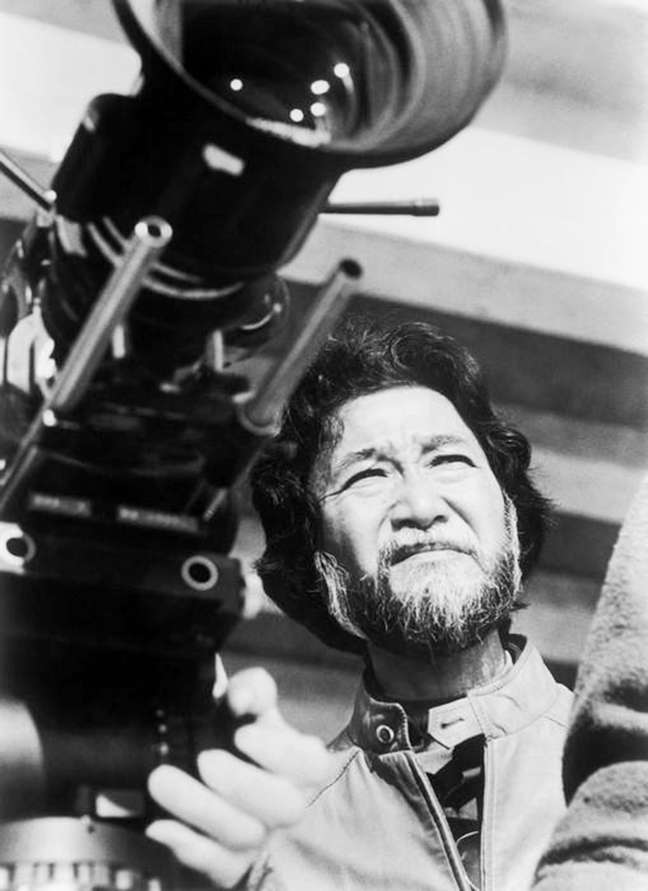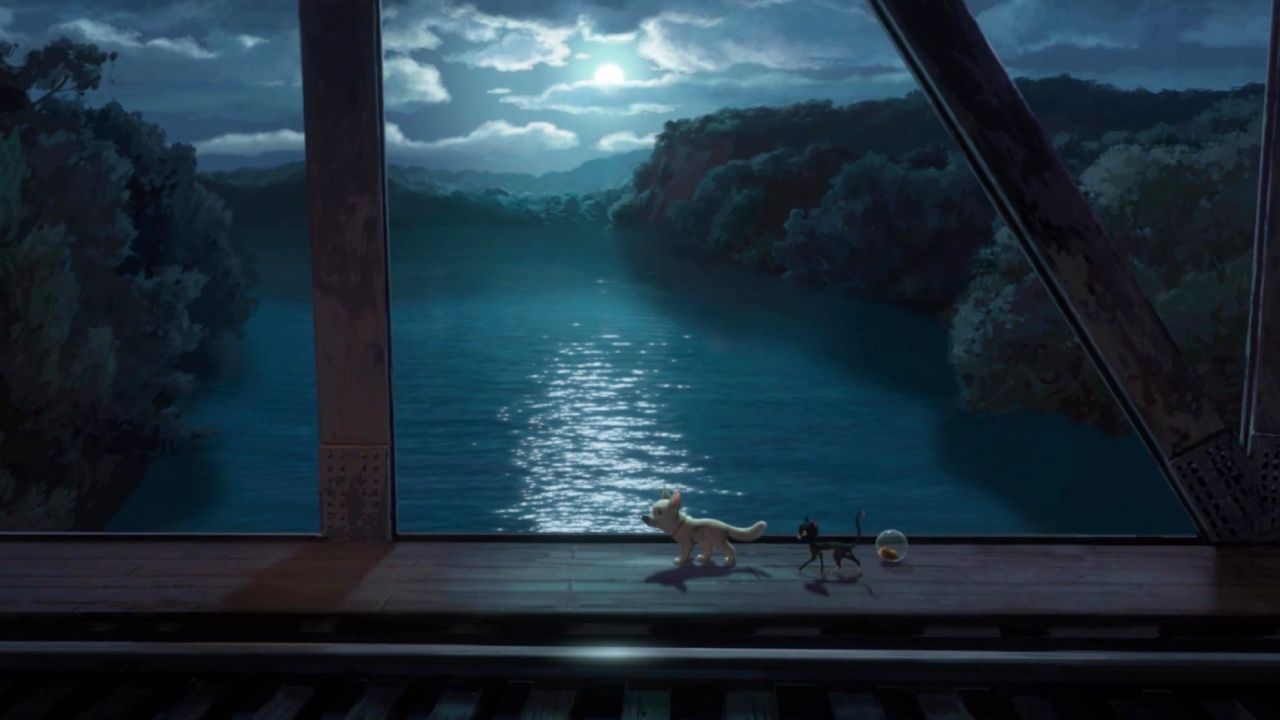
Director Yoshida Kiju, a member of the so-called Japanese Nouvelle Vague, died this Thursday (12/8) of pneumonia at the age of 89. The information was confirmed by the Japanese media.
Born February 16, 1933, Yoshida Yoshishige (his real name) is a graduate of Tokyo University, where he studied French literature. Lui joined Shochiku studio in 1955 and served as assistant director to such iconic directors as Yasujirô Ozu (“Once Upon a Time in Tokyo”) and Keisuke Kinoshita (“Eyes That Never Close”).
In 1960, Yoshida made his directorial debut with the youth drama ‘Perilous Voluptuousness’. Both this and his subsequent films, ‘Blood Is Dry’ (1960) and ‘Bitter End of a Sweet Night’ featured unforgiving depictions of contemporary social evils.
With this, the director, together with his companions Oshima Nagisa (“Empire of the Senses”) and Shinoda Masahiro (“Epoca de Garoto”), became known as rebels who acted against the conventions of Japanese studios at the time.
It didn’t take long for the trio to receive the Shochiku Nouvelle Vague label, a reference to the French New Wave, which was their influence and inspiration, coupled with the name of the studio they worked for.
In 1962, Yoshida directed rising star Okada Mariko in the romantic drama ‘Akitsu Springs’ and in 1964, he married her. Four years later, he left the Shochiku studio to start his own production company, Gendai Eigasha, with Okada as his most frequent star.
His film “Eros + Massacre” (1969), a three-and-a-half-hour biographical epic about a 1920s anarchist, became the Japanese film nominated for the Academy Award for Best Foreign Language Film.
“Eros + Massacre” was also the first title in a trilogy directed by the director focusing on revolutionary figures. The other films of this trilogy are “Heroic Purgatory” (1970) and “Coup d’Etat” (1973).
After this last film, Yoshida left fiction cinema to devote himself to a series of documentaries for television. But in 1986 he returned to the big screen with “A Promise” and then “Wuthering Heights” (1988), both screened at the Cannes Film Festival.
His last participation in the French festival was with his latest feature film, “Women in the Mirror” (2002), a drama about the atomic bombing of Hiroshima. Subsequently he started with a participation in the anthology “Welcome to São Paulo” (2004), conceived by Leon Cakoff for the São Paulo Exposition.
Yoshida was also a writer, publishing a novel about Nazi leader Rudolf Hess and a book analyzing Ozu’s films, as well as writing scholarly work on film theory.
🇧🇷The best content in your email for free. Choose your favorite Terra newsletter. Click here!
Source: Terra
Amanda Larkin is a celebrity journalist at Gossipify, known for her in-depth interviews and unique perspectives on the entertainment industry. She covers celebrity news and gossip, providing readers with engaging and informative content, and understanding of the inner workings of the industry. She’s respected for keeping readers up to date with the latest trends and providing a fresh perspective on the celebrity world.







